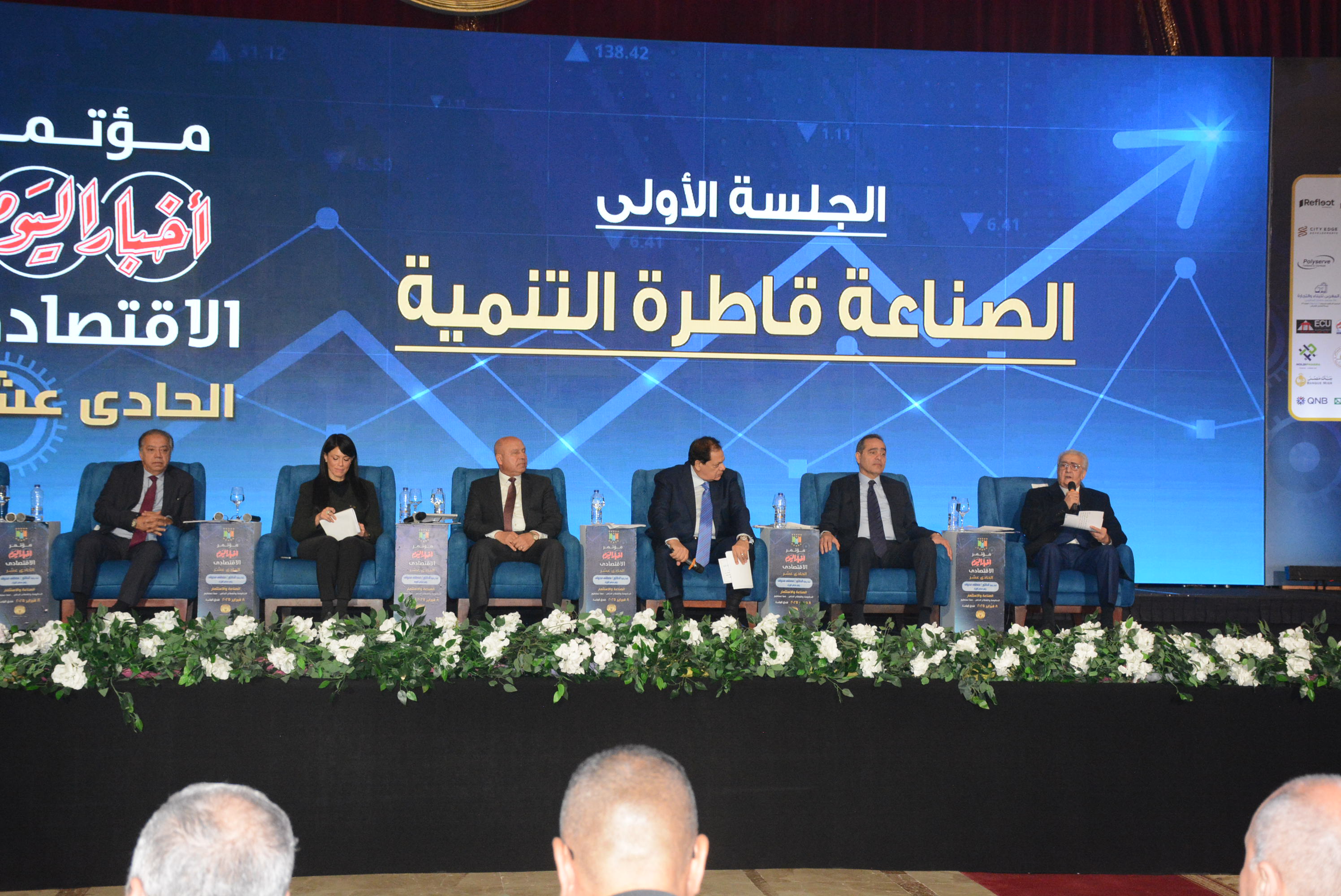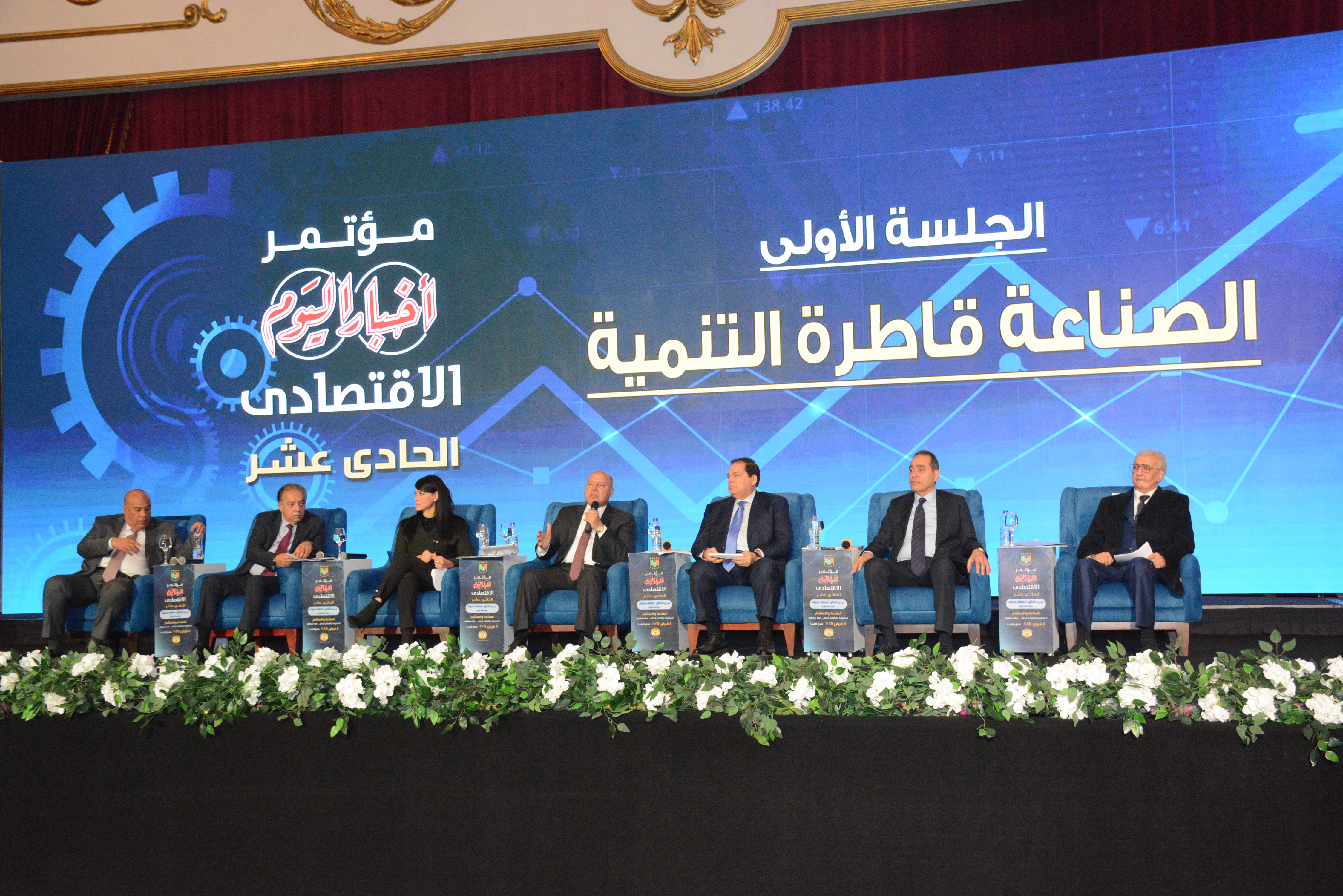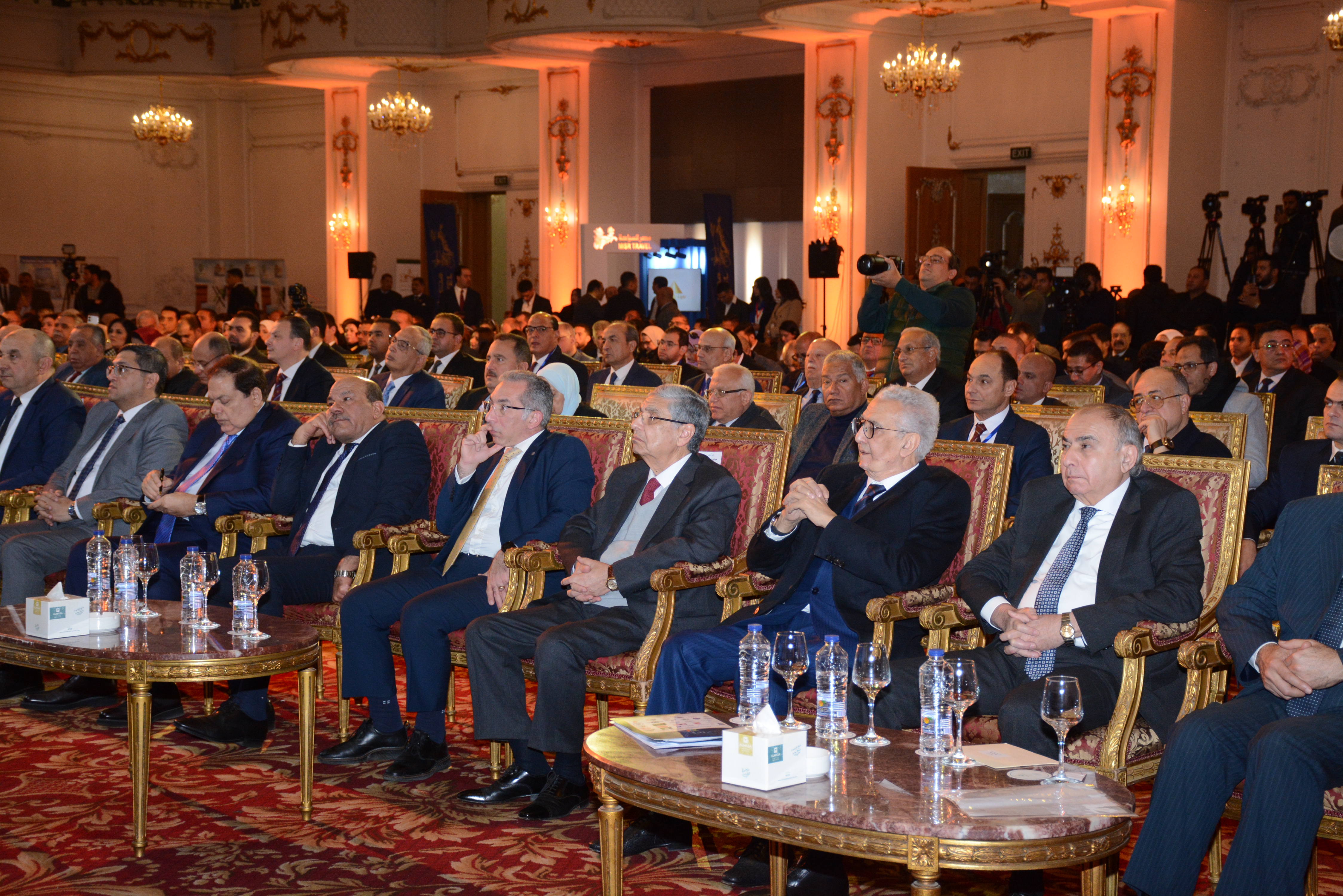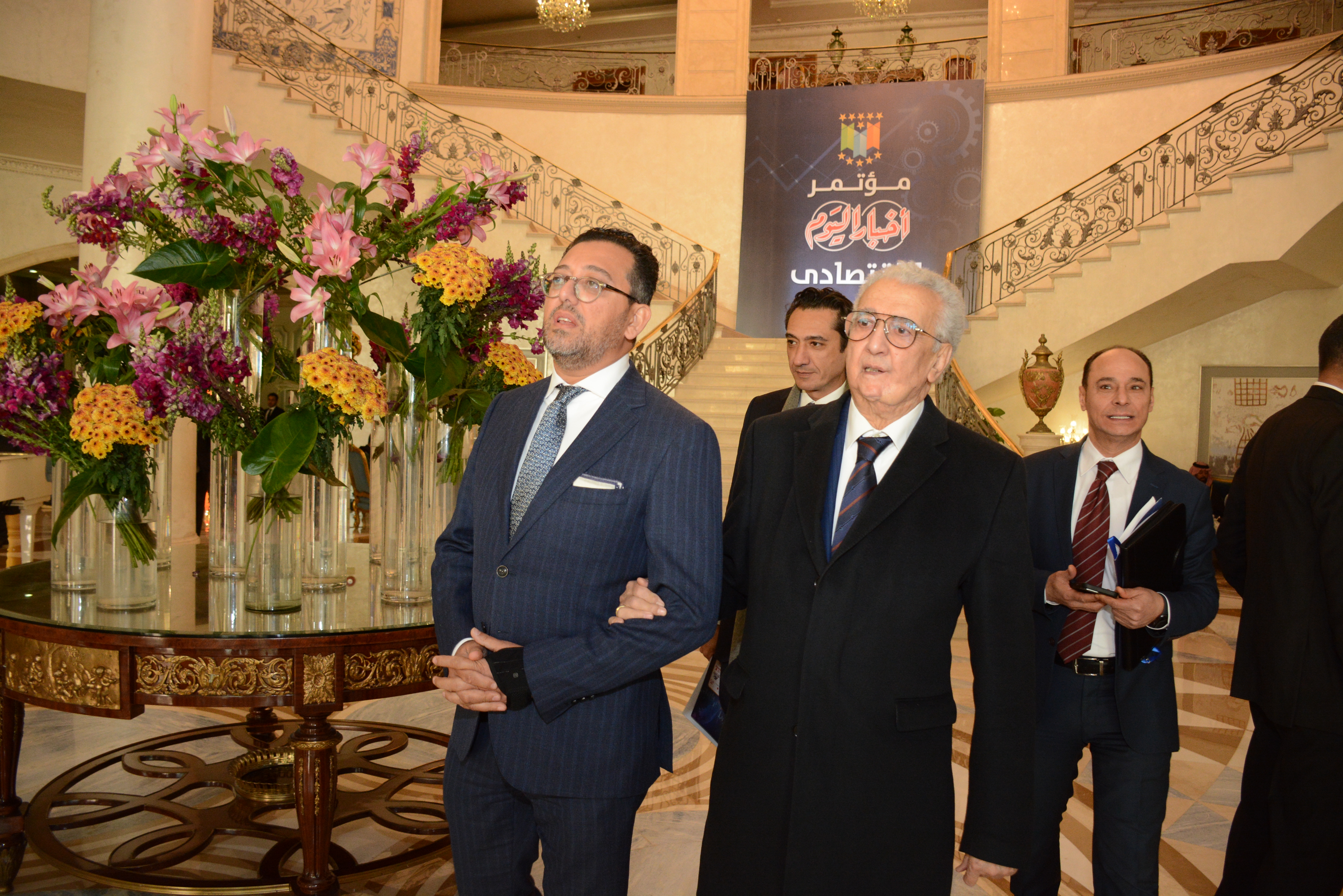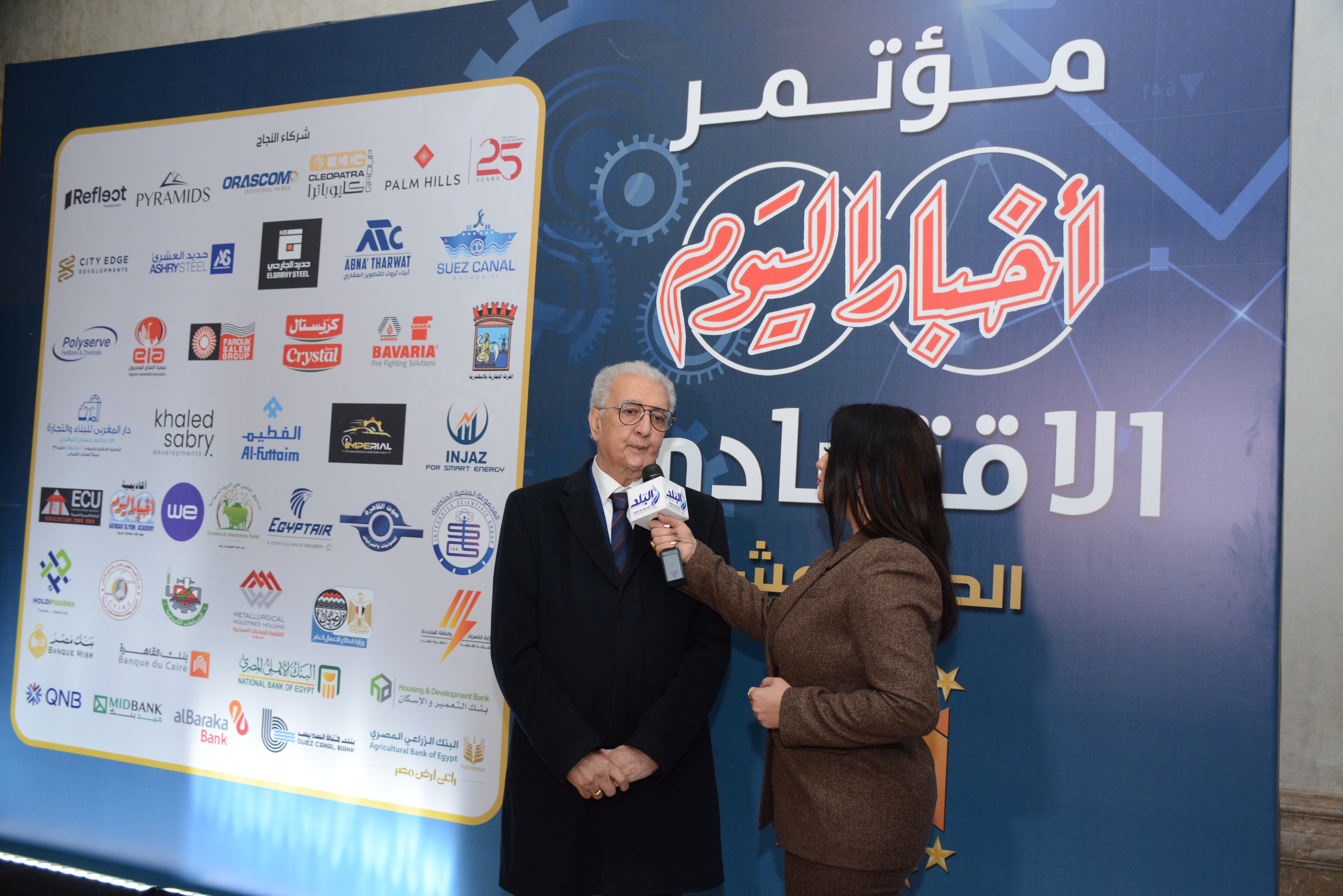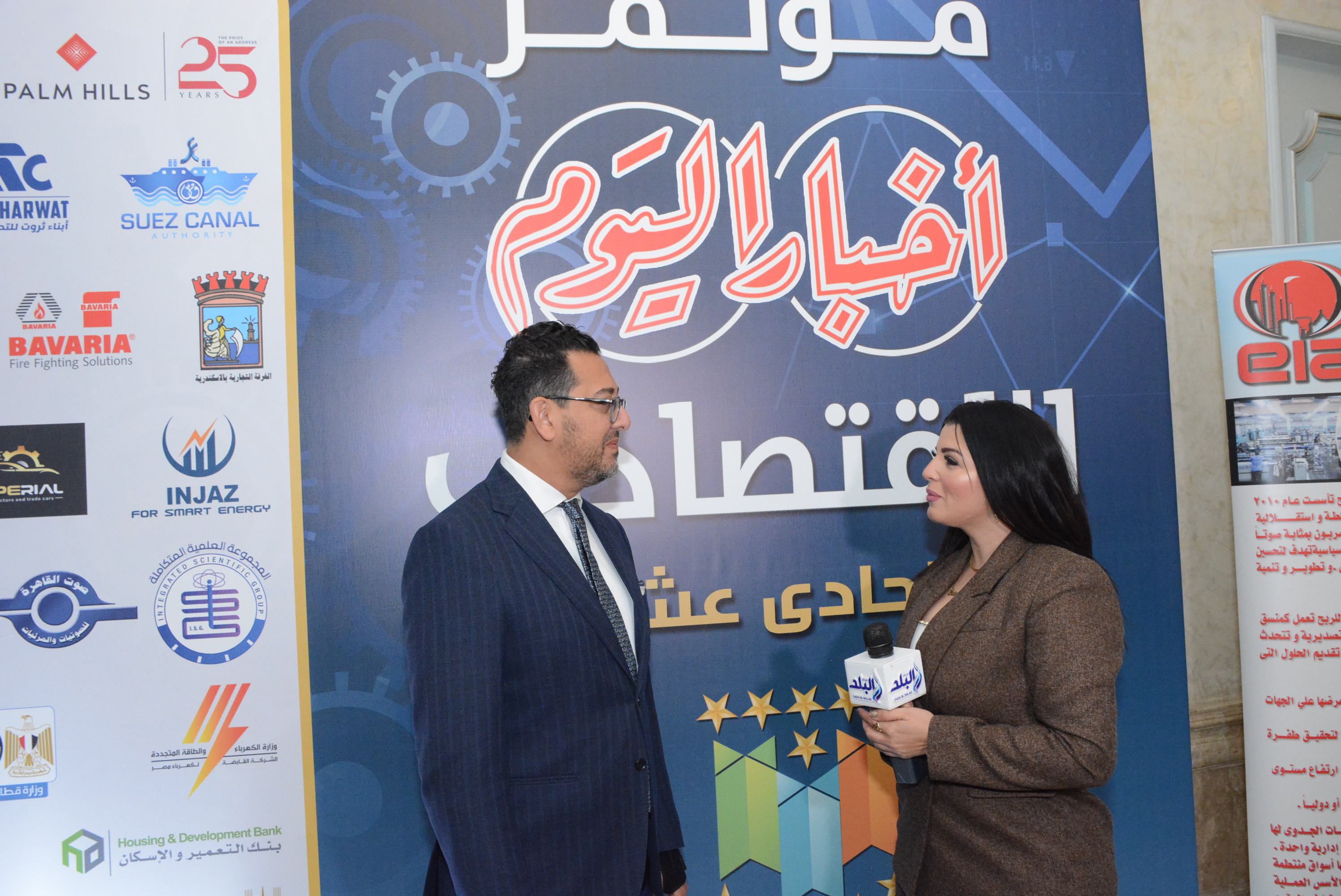Dr. Nader Riad Participates in a Panel Discussion during Akhbar Al-Youm Economic News Conference
08 Feb 2025
Dr. Nader Riad, Chairman and CEO, and Mr. Amir Riad, Vice Chairman participated in the 11th edition of Akhbar Al-Youm Economic News Conference, titled “Industry and Investment – The Government and the Private Sector… Together We Can,” under the patronage of H.E. Prime Minister Dr. Mostafa Madbouly, on February 8, 2025, at Al-Masa Hotel, in the presence of a large number of ministers, governors, officials, and representatives of the industrial and business community.
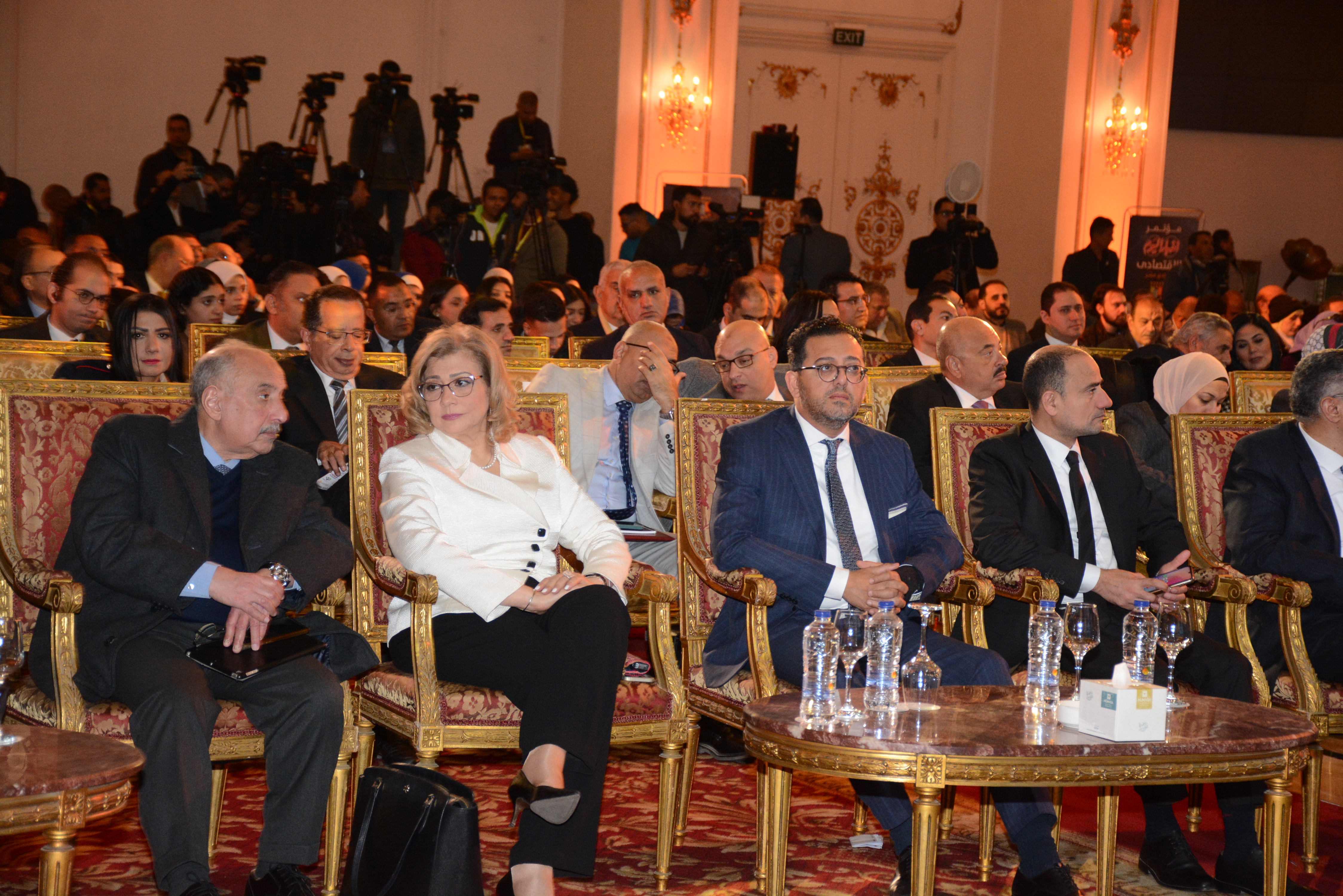
Dr. Riad had the honor to participate in a panel discussed, named “Industry: The Engine of Development,” along with H.E. Lieutenant General Eng. Kamel Al-Wazir - Deputy Prime Minister for Industrial Development and Minister of Transport and Industry, H.E. Dr. Rania Al-Mashat - Minister of Planning, Economic Development, and International Cooperation, MP Mohammed Abou Al-Enein - Deputy of the House of Representatives and Chairman of Cleopatra Group, Dr. Sherif Al-Gabaly - Member of the House of Representatives & Chairman of the Chamber of Chemical Industries at the Federation of Egyptian Industries, Eng. Khaled Abu Al-Makarim - Chairman of the Export Council for Chemical Industries; and Mr. Ayman Al-Ashry - Chairman of the Cairo Chamber of Commerce.
Dr. Riad discussed the 4 main pillars to achieving strategic competitiveness in the Egyptian industry: Quality Standards – Cost Reduction Strategy for Industry – Development of Egyptian Ports - Export Premiums.
1.The biggest Egyptian industries generally possess a leading edge in terms of quality where they have achieved outstanding levels, such as in the fuel industries including cement, ceramics, construction materials, and rebar, as well as in various pharmaceutical industries, aluminum industries, engineering industries i.e. household appliances and others, and also in the food and chemical industries. In order to achieve a high standard of quality excellence, and push more industries to excel, it is necessary for the industrial regulatory authorities to fully perform their role in enforcing quality standards, in support of industries that still fall below the required quality level. It is of great importance to register Egyptian quality marks globally to secure international recognition without neglecting the need to strengthen penalties on the counterfeiting and fraud of quality marks issued by the Egyptian Organization for Standardization and Quality, so that such measures become a deterrent against fraudulent industries and counterfeiters.
2.As for the implementation of a cost reduction strategy on industries:
a.The cost percentage of financing industrial loans in Egypt should not exceed that applied in European Union countries and the Arab region, with most cases not exceeding 5%.
b.The pricing of the electricity required to operate factories should be re-evaluated to become competitive with rates in neighboring countries and the European Union. An effective proposal, already implemented in European industrial countries, suggests pricing electricity during the evening at reduced rates that may reach up to 50% of those used industrially during the daytime—a measure that has helped many high-energy industries achieve profitability after years of losses.
3. The capabilities of ports in loading and unloading should be enhanced while maintaining effective time management and increasing the length of quays in line with future ambitions. This will lead to a reduction in maritime transport costs, without neglecting the importance of negotiating with international institutions to lower the value of marine insurance on goods imported and exported through these ports. Accordingly, the risks associated with Egyptian ports will significantly decrease due to the development of land transportation and the railway network.
4.Export support premiums are key, Dr. Nader Riad stressed on the necessity to allocate at least 15% premiums on exports of Egyptian engineering goods. He clarified that the absence of such policies poses an obstacle to these industries, especially given that the lifespan of engineering products extends to at least 10 years, with after-sales services provided through the maintenance centers, which adds a cost. The export support fee, which was once implemented in Egypt, met all stipulated conditions, but payments were delayed for periods ranging between two to three years, and the policy cancellation happened abruptly without taking into account these delayed export support fees payments that were due from previously.
